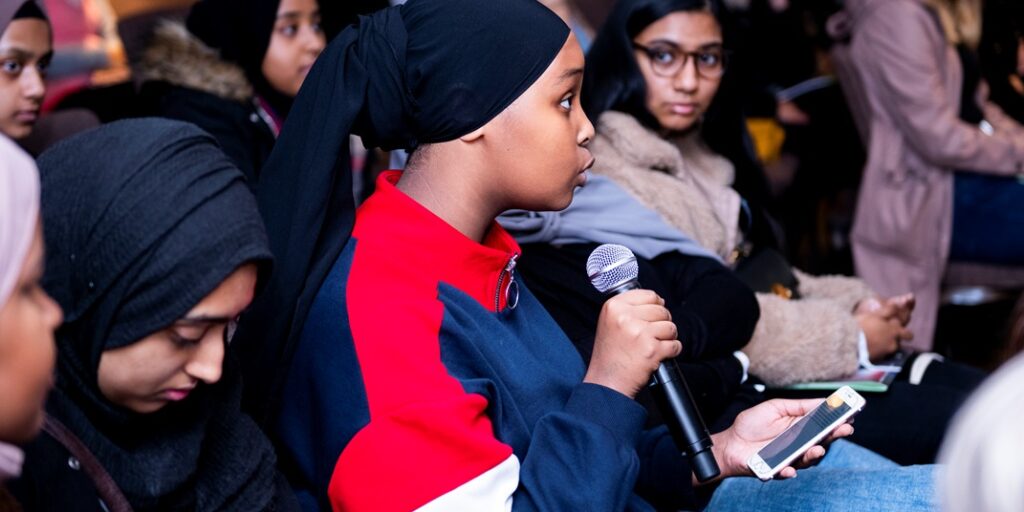
Battle of Ideas festival
Saturday 15 October, 10:15—11:45, Church House, London
For more details and the session and the festival, read about it here.
Session Introduction
Biometrics is used by a wide range of institutions and organisations – from police forces and building access to bank security and airport customs. Unlocking your smartphone with your face uses biometric facial recognition technology. Many of us now willingly trade the convenience of a world without passwords, fobs, or endless security checks by giving up a degree of our personal data.
Ever since the police started using fingerprint technology, biometrics has undergone many advances. Yet each innovation causes more privacy concerns. For example, surveillance cameras can now easily identify someone using just the shape of their face or the gait of their walk, often with no prior consent or knowledge. While both private and public organisations that use such technology argue that they are keeping us safe, how this vast amount of data is stored and shared between different agencies (or used again in different contexts) is seldom done with any degree of public accountability.
Critics also point out that biometric technology isn’t always reliable – make-up, a hoodie or a Covid mask can throw it off. Some of the data can be biased. For example, people with darker skin tones and young females can be disadvantaged, while the datasets that are used to ‘train’ the technology can often be unrepresentative of the population.
But are these problems to do with the technology itself, or rather how it is being used? Are opponents of such tech simply luddites – after all, the pandemic gave biometrics an added boost, with fewer reasons to touch or handle things. Is the issue about accountability, and how much privacy we will give up for more security in an uncertain world? And if things like facial recognition technology might make everyone more secure, is it worth the costs?
Speakers
Silkie Carlo – director, Big Brother Watch
Donald Clark – learning tech entrepreneur; investor; professor; author; founder, Epic plc; CEO, WildFire
Simon Evans – comedian; regular host, Headliners; presenter, BBC Radio 4’s Simon Evans Goes to Market
Robin Tombs – CEO and co-founder, Yoti; co-founder and former finance director, Gamesys; co-founder, ZING
Dr Stuart Waiton – senior lecturer, sociology and criminology, Abertay University; author, Scared of the Kids: curfews crime and the regulation of young people
Chair & Producer
Martyn Perks – digital business consultant and writer; former Islington by-election independent candidate; co-author, Big Potatoes: the London manifesto for innovation